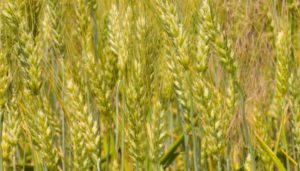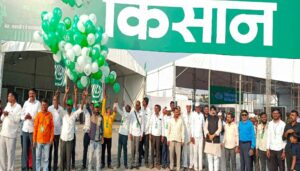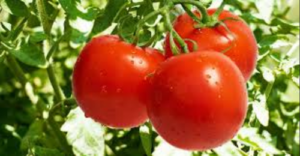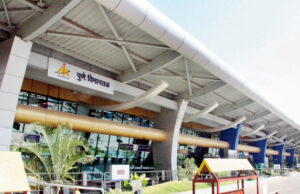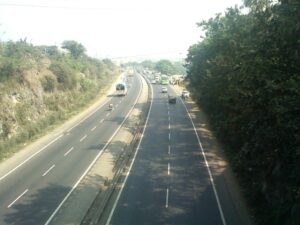A Ray of Hope for Maharashtra Farmers through JalTara Project
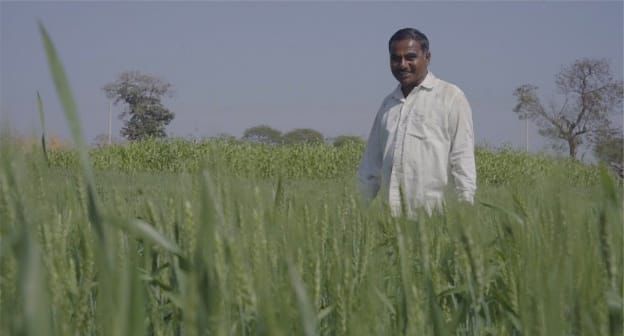
Tikam Shekhawat
Jalna, 1st August 2024: Farmers in Marathwada have long struggled with unpredictable monsoons, facing severe droughts or sudden floods, leading to declining groundwater levels and reduced crop yields. This has often resulted in debt and mental anguish. However, things are changing, thanks to initiatives like the JalTara project.
One such story of hope is that of 42-year-old Balasaheb Lomte from Warud village in the drought-hit Jalna district. Lomte, who could only farm for six months a year due to water scarcity, used to travel to Mumbai to work as a laborer to support his family. His situation worsened three years ago when he lost his eldest son in an accident. Despite the personal tragedy, Lomte found a lifeline in the JalTara project.
The Art of Living’s JalTara project aims to make India water-positive by constructing recharge structures to raise the groundwater table. Lomte built four recharge pits across his 16-acre farm, which significantly improved his water availability. These structures, filled with pebbles and stones, allow rainwater to bypass dense topsoil and recharge groundwater, preventing flooding and soil erosion while maintaining soil nutrition.
Impact of the JalTara Project:
In two years, the JalTara project has constructed 45,500 recharge structures in 115 villages, benefiting lakhs of people. Water tables have risen by an average of 14 feet, farmer incomes have increased by over 120%, and crop yields have improved by over 42%. The project also includes training farmers in natural farming and facilitating direct markets for chemical-free produce.
For Lomte, the recharge structures led to the rise in groundwater levels, enabling him to sustain three bore wells even during summer. He now produces 5 quintals of soybean, 3 quintals of jowar, and cotton, among other crops, significantly improving his income and quality of life.
Lomte’s income has doubled, and he no longer needs to find additional work in Mumbai. He now has water available year-round, allowing him to cultivate a variety of crops, including onion, jowar, wheat, and soybean. Lomte also plans to adopt agroforestry, growing fruit trees alongside his crops to further improve water availability and income.
“Now I feel, I am happy as there is water in my well! Also, I have been able to get both my daughters married in the last couple of years,” Lomte beams.

